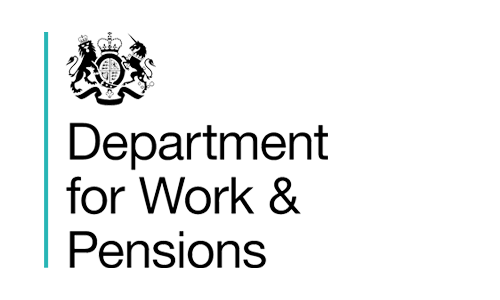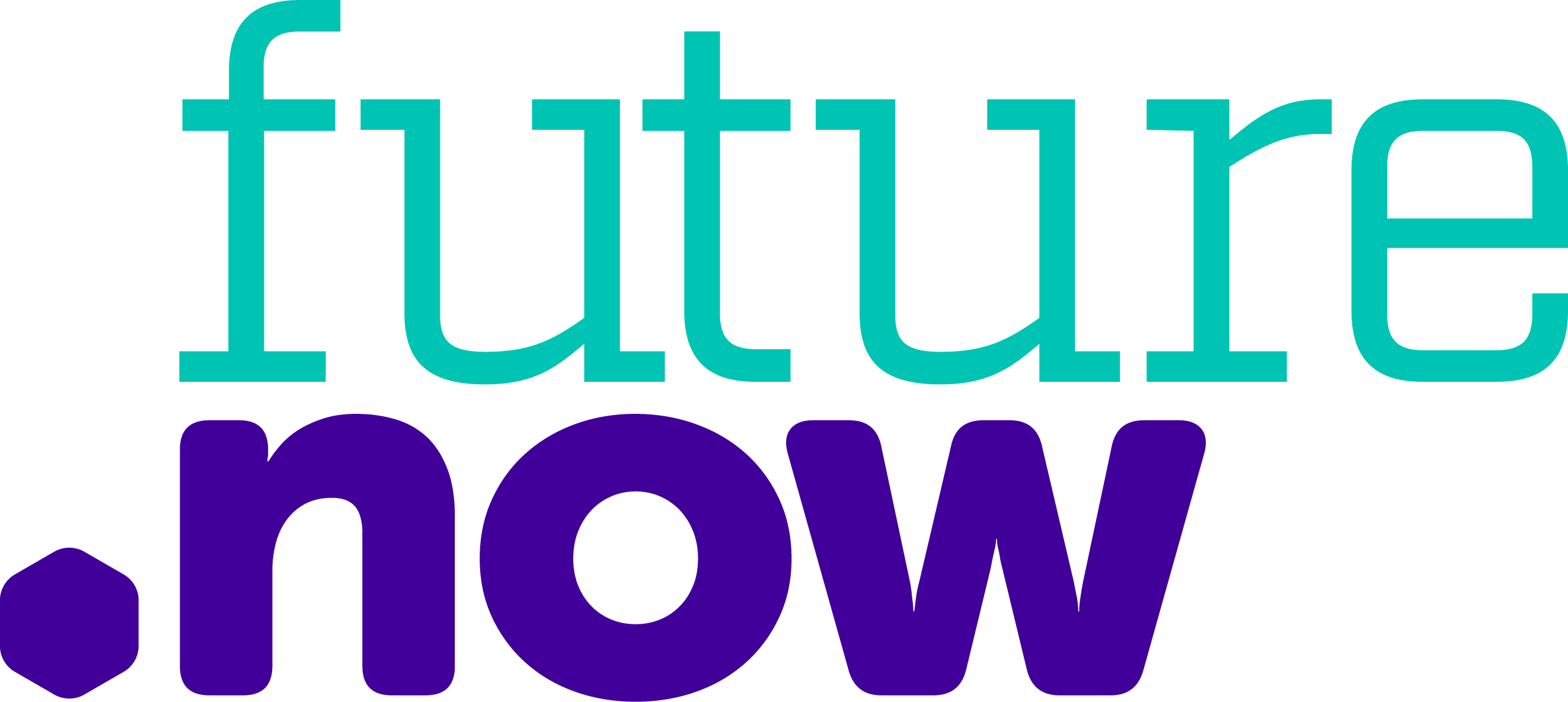When the Covid-19 pandemic saw an unprecedented uptick in benefit claims, the Department for Work and Pensions was faced with a huge challenge – ensuring the digital capability and confidence of a huge and growing workforce.

Ginny (Virginia) Goodhew, the Digital Confidence and Capability Lead for DWP told us: “Circa 90,000 people work for DWP, more than almost any other government department. We found that the pandemic really accelerated our need to understand what digital skills we had in the department and where our gaps were.”
Ginny’s team launched a digital skills survey to assess employees’ ability to perform digital work tasks. They soon discovered that how the survey was presented, and the language used was crucial to the quality of data returned.
“One thing we realised was that if we started using technical language it really turned our people off straight away. Not everybody has a technical aspect to their role, so at times found it difficult to engage with the language we were using.
“As a result, we became very specific in our ask, and we made the questions relevant. We’d ask things like, ‘can you share an email or split a screen?’, and this helped us to understand where to pitch future learning.”
As well as identifying the missing skills, this baselining activity also helped the team to understand – and mitigate for – barriers to learning.
“One of the things that stops people engaging with learning is being frightened to say what they can’t do. If you ask someone, ‘Can you do X?’ and they say no, they ask themselves ‘Can I not do my job properly?’ and people can feel a fear of repercussion for that. So, it was important that we created an environment of psychological safety where it was okay to admit what you couldn’t do. The principle was: it’s okay not to know, but it’s not okay to not do something about it.”
The survey revealed varied levels of digital confidence that would later be reflected in the workplace personas identified in our Unpacking the hidden middle report.
Ginny continues: “We hear people say, ‘You’ve got a really big department, everybody at DWP uses technology and so surely everybody’s got a digital aspect to their role’, but unfortunately, a bit like the four personas, not everybody has or needs very technical skills. We realised very quickly that some people really struggled with some of the basic skills.”
As a result of the survey outcomes and continued collaboration with HMRC colleagues, DWP developed a bespoke Framework and range of tools that recognised different learning styles and working patterns and uses structured learning pathways to help people overcome barriers and build their skills and confidence.
Much like the survey results, the Framework anticipated the findings from Unpacking the hidden middle. For example, people like our Digitally-lacking Lou persona not only often work in public service but they also respond well to targeted bite-sized learning.
Ginny explains the parallels: “Some people in our corporate offices have more opportunity to take part in longer, more traditional learning sessions, but if you’re on the frontline and you’re working with customers in jobcentres, you don’t have that flexibility. We had to be really fair and inclusive of everybody.”
“A good example of that is our digital confidence sessions and ‘Digital Pocket Watches’ bite-sized learning. You can just jump on and off when you have a few minutes, but we do also have more in-depth learning giving everyone the opportunity to choose what is right for them at any given time.
“I’m also passionate about the consolidation of learning, because if you don’t put a skill into practice, you’ll lose it. We made sure learning can be revisited and repeated until it’s embedded.”
Veena Lakhlani, 61, from Wellington Street Jobcentre in Leicester, is just one of those who has benefited from the sessions.
Veena says: “It’s a big generalisation, but younger people in my team tended to be better at using things like Teams. I saw them using features and thought, ‘how do they do that?’
“It’s one of the things that inspired me to go on these sessions – trying to get the most from applications and boosting my confidence. I saw from my time as a work coach just how important having digital skills is at work.”
Veena’s newfound confidence has ignited a passion for digital, which she’s keen to use to support her colleagues. “The sessions were easy to follow and really demonstrated the potential of Teams so I could get the most out of it. I left feeling excited to put what I learned into practice. I’ve used Teams ‘praise’, stickers and silent applause; features like this are a great way to celebrate our people.
“I’ve also incorporated digital confidence into our local induction process. Making sure people have the right skills and filling those gaps early can make such a difference.
“Thanks to the learning I’m doing my work more quickly and efficiently – it has really helped me.”
DWP’s digital transformation program has made a tangible impact.
“Thousands of colleagues have taken part in virtual sessions and continue to find value long after the sessions are over. 96% of colleagues said they had learned skills that make their job easier, and 87% said their digital confidence and capability had increased. That’s saved on average 15 minutes per week, per person, and for a department of our size that’s a significant and tangible efficiency boost. It’s not just beneficial for the individual but has a massive impact on business as a whole.”
With a mature digital skills programme now established, Ginny and the DWP team have been modelling key FutureDotNow behaviours in sharing what they’ve learned with other government departments, and beyond.
“Because DWP have a dedicated a team to focus on digital confidence and capability, we’re a long way ahead of many other departments in digital upskilling, so it’s important that we share what we’ve learned.
“As part of FutureDotNow collaborations, I’ve spoken with the Bank of England, The Weir Group and others to share good practice and resource and my team holds a monthly digital confidence and capability forum that all government departments are invited to.
“We’re sharing the Framework and how we’ve baselined. The specifics might not be right for everybody, but it gives people an idea of the questions to ask and how to get started. It’s about working smarter together and not reinventing the wheel.”
